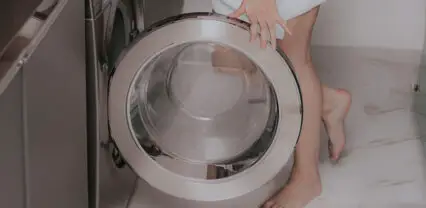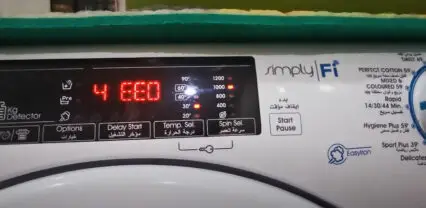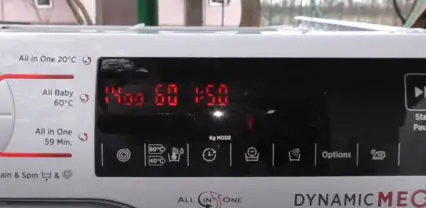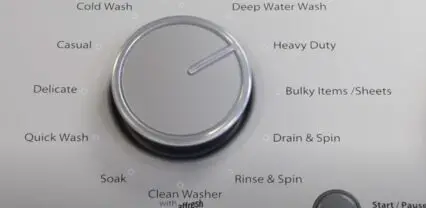Have you ever been to the store and can’t help but keep remembering the disgusting look the cashier at the counter and the customer next in line were giving you when you wanted to pay for the goods purchased? Well, I have been in such a situation before and it took me several hours of pondering before I finally found out they were looking at me in that manner not because I looked weird, but because I had paid the cashier with some really dirty coins.
After I realized what had happened, picked up a few coins I have got with me and some vinegar but didn’t know how to go about it; so I decided to research how to clean dirty coins with vinegar instead: made some wonderful recoveries that I would love to share with you in this article.
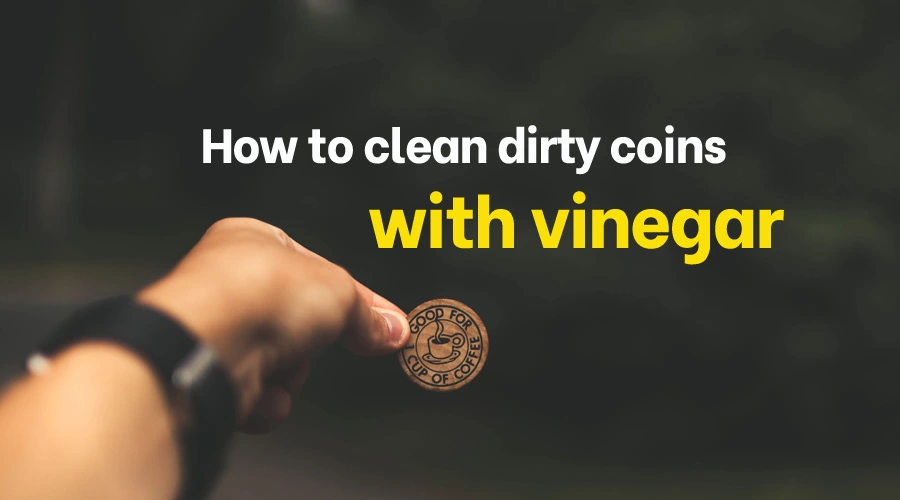
What are coins made of
Coins is a result of pressing together into layers, different kind of metals. These metals include; Nickel, copper, and Zinc. The different layers in which a coin is designed give it its indestructible composition. The outside layer of a coin is made up of 3/4 copper and 1/4 nickel. The pennies on the other hand are made up of Zinc with a copper overlay.
Do coins get dirty
Yes, coins do get dirty. The most interesting fact about a dirty coin is, you don’t have to either accidentally or deliberately pour any stain-causing substance on its surface before it gets defaced. You can abandon it somewhere clean and you would just find out that your coin looks filthy dirty.
How do coins get stained
There are several reasons why your coins may look dirty or defaced, but rather I will only provide you with more of a scientific explanation of it. The air around us is composed of oxygen, and the coin is made up of copper. The oxygen atom present in the air is positively charged, while the copper atom in copper is negatively charged.
These two elements of opposing charges are attracted to each other, and when they bind together, they form another molecule known as copper oxide and this is why your coins may look dull or dirty, or defaced. What you are seeing is not dirt, but the effect of the romance between copper and oxygen – copper oxide.
Is it safe to clean old coins with vinegar
Yes, it is completely safe to clean coins with vinegar. After I decided to wash my coin, the first cleaning agent that came to my mind was vinegar. I choose vinegar because coins are very tough and stains wouldn’t come off easily. I was a little bit worried though because vinegar is acidic and I didn’t wanna lose my hard-earned money; so I had to make some inquiry and found out it is completely safe.
Will vinegar damage the coin
No, vinegar will not damage your coin. However, if you are keeping your coin for antique reasons, you don’t have to clean them in at all because cleaning them in certain cleaners like vinegar could cause them to lose some originality; thereby reducing their values. But if your intention is just to clean them probably because they are dirty, you can safely clean them with vinegar without causing any harmful effect to your coin.
Does vinegar make the coin shiny
Yes, vinegar can make coins shiny. I said earlier in this article that the dirt on coins or pennies is as matter of fact, not dirt but the coalition of two elements called oxygen and copper, bonding together to form another element known as copper oxide.
Vinegar is an acidic substance, and it works by dissolving the composites of the substance causing stains. Consequently, if you use a vinegar solution to clean a dirty or rusty coin or penny, it will break down the bond between these two elements (oxygen and copper) and restore your coins to their original shiny metal.
How to make coins shiny with vinegar
Ever since I found out about the tricks of how to turn my old coins back to their original sparkling self, I have become obsessed with the whole process, and ever since then, I have always helped my mom and my friends clean their coins (although with no charges). If you would like to learn about the tricks of how to turn your coins back to their original self here are some tips for your to follow.
The following items will be required:
- Salt
- Distilled White Vinegar
- Shallow plastic container
- Cloth or paper towel
Process involved;
- Make a solution from the mixtures of 1 cup of distilled white vinegar and 1 tablespoon of salt. Agitate the mixture together with a spoon until the salt is completely dissolved (you can do this process in a jar to make your job easier).
- Transfer the solution from the jar into the plastic container; making sure that the solution will be enough to completely submerge every single coin that will be added in the next process.
- Put the coins into the container one after the other; making sure that they are arranged in a singular layer so that each coin is standing alone and not lying below or above another.
- Leave them submerged in that position for about 15 minutes.
- After 15 minutes, remove the coins individually and wipe each thoroughly using a cloth or paper towel. After each wipe, you will notice that your coin has been restored to its shiny self.
If after wiping and you can still see traces of brown oxidation on some of the coins, separate them from the group and put them back into a new solution, and leave them submerged as explained earlier for another 5 minutes.
Why does vinegar clean coin
I explained in an earlier section of this article that vinegar is acidic and works by breaking the bonds formed by copper and oxygen. If would do me a favor by going back to the section where I discussed “How to make coins shiny with vinegar”, you would find out that I made use of salt as well. That is because, unlike acidic vinegar, salt is alkaline and is an abrasive cleaner. The work of the salt here is to dampen the potency of the vinegar, while they both react together to dissolve the bond chemists call copper oxide which is responsible for the dullness of your coins.
What happens when you put coins in vinegar
The dullness of your coin is caused by the romance between two elements – oxygen and copper. When these two elements come together, they form a bond called copper oxide. Vinegar contains acid and because of this, it can dissolve this bond and the color of your coin back to the original.
Why do pennies turn green in vinegar
It is a result of the formation of a chemical called Malachite on your pennies. If you want a practical piece you can work with, here’s an experiment you can perform on your coins at home.
Steps involved
- Make a solution from the mixture of white vinegar and salt inside a bowl.
- Put some dirty coins inside the solution, laid out as instructed earlier.
- Withdrawn them from the bowl but this time, do not rinse or wipe the solution off the coins.
- Place them on a cloth or paper towel and let them dry off naturally (by air or sun).
After your coin dries you would notice that your pennies are turning greenish-blue and that is because a chemical known as Malachite is forming on your pennies.
How long does it take a penny to turn green to vinegar
If your intention is too deep clean your pennies until they turn green, then leave them soaked in vinegar for about 24 hours. Although, other experimentation says it takes close to two weeks due to variation in procedures.
Note: Normal cleaning shouldn’t take more than 15 minutes.
How to clean dirty tarnished coins fast with vinegar
If you have a tarnished coin, it is most like that because it’s too old. Older coins are known to be usually dull and dented with some discoloration. Cleaning a tarnished coin is difficult and involves some rigorous effort to finally rejuvenate it. Follow the steps provided below to guide you through the processes involved in cleaning a tarnished coin.
- Get a plastic container, pour a cup of distilled white vinegar into the container, and leave your coins to soak in it for as long as possible depending on corroded the coins are. For instance, if 50% of the surfaces of your coins are tarnished, it is recommended that you leave them soaked overnight. But have it in your mind that the longer you leave them soaked, the better.
- Withdraw the coins one after the other and sprinkle baking soda on every single one of them.
- Rub the baking soda on the coin with a soft-bristled brush until the dents start to come out.
- Rinse the coins inside a bowl of hot water.
- Place them on a towel and leave them to air dry.
Curious to know does vinegar remove bleach stains from carpet or how to disinfect laundry with vinegar?
